On the surface, Taco Bell and the senior living industry don’t seem to have much in common. Yet, amid the COVID-19 pandemic, both the restaurant and senior living industries are tasked with carving out a successful future based on their response to changes consumers are making when it comes to nearly all aspects of their lives, be it dining out or finding a place to call home in their later years.
In the restaurant industry, Taco Bell was quick to pivot amidst the pandemic, reacting to customers' new needs while also ensuring those new processes have a place in the future.
During a discussion at SLIF [Almost] Live, Taco Bell CEO Mark King shared the restaurant chain's strategy and how the senior living industry could replicate that blueprint to ensure they remain competitive in the future.
"If you're a CEO or leader of an organization, regardless of the industry you're in, probably the most important thing on your plate each day is the question, how do you continue to compete in the future?" King said.
King shared five steps Taco Bell took to do just that.
"The world is changing, and it's changing fast," King said. "It requires us to change with it."
1. Vision What The Customer Wants
While many industries have long relied on knowledge, wisdom, and their own experiences to shape their future initiatives, King believes there's been a missing element: data.
"To me one of the biggest changes was that we previously based our decisions on knowledge and experience, not on data and insights," King said. "It's a balance that allows us to make the right decisions."
As part of their pandemic response, Taco Bell company hired an outside data company to bring in input from customers.
"We looked at the data and insights and we weren't in the sweet spot of the market, where 90 days before that we were right there," King said.
King said the company had to make a decision.
"We had to ask ourselves, ‘Do we stay with the current path, try to do it better and change a few things, or do we transform the entire model?’" he said. "We decided we only had one choice: we have to go forward, we have to grow, so we’re going to transform our business.”
With that information, the company was able to focus on customers' needs and create a plan to address them, which included a focus on familiar experiences, a safe environment, a digital experience, and delivery options.
"You need data and insights to make decisions," King said of the senior living industry. "You can't make those on your gut. You really need to understand what your customer wants."
2. Use Core Competency To Address Insights
Companies should use what they are good at – the things that keep customers coming back time after time – in conjunction with new insights.
"Take the things that separate your organization from the competition and add these new things," King said. "It's a combination of who you are and what you need to do."
When you marry those two elements, you have a change that can create a successful plan.
"Businesses are successful and got successful because of what they do really, really well," King said. "When they get in trouble is when what they do really well no longer marries with what their customer wants. Then it's hard to walk away from what you do really well to do what the customer wants."
For Taco Bell, the company took what it was good at – innovation – and made changes that addressed consumers’ needs. Those included creating a loyalty program and partnering with food delivery services.
3. Have the Courage to Pivot
While it might be tempting for senior housing providers to maintain the status quo, hoping the world will return to normal, that strategy would likely result in missed opportunities and revenue.
"It would have been easier and less risky to stay status quo, to weather the storm," King said of Taco Bell. "But I don't think that's going to work. You have to pivot to new thinking and a new model."
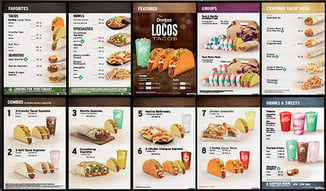 |
For example, King said that Taco Bell pivoted its advertising from its typical light-hearted fun messages to "it's safe to eat at Taco Bell" messages.
Another major change the company made was reducing the size of its menu.
"There was all kinds of noise on the menu," he said. "We eliminated the green sauce, the Mexican pizza, all kinds of fan favorites. We get hate mail everyday because we eliminated so many menu items, but we needed to focus on our key products."
4. Speed Wins
Taco Bell made the bulk of its changes in just 90 days, King said.
For instance, the company signed up with DoorDash, GrubHub, and UberEats in order to answer customers' demands for delivery options.
Within three months of signing up with those services, the company's delivery share of sales went from 0% to 10%.
"When you understand what your customers really want and then you pivot to that, you can grow your business very, very fast," King said.
Taco Bell has more implementation to do, but King said urgency is paramount.
"Speed wins in today's world; you have to go fast," he said. "You don't have to be perfect, but you have to get there quickly."
And being first has its advantages, he said. If a company waits for a competitor to do all the work, to experiment and try new things, by the time you follow their lead things will have already changed again.
As an example, King pointed to a restaurant chain that Taco Bell's parent company, Yum! Brands, recently acquired: Habit Burger.
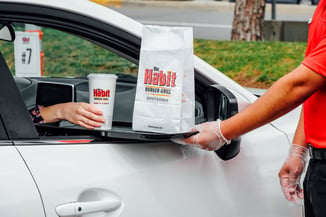 |
This burger joint chain doesn't have a drive-thru. When COVID hit and dining rooms were closed, the company's business suffered greatly.
To alleviate the slow sales, the company quickly went out and bought pop-up tents to create parking lot drive-thrus. Customers could order online, drive up, and have a contactless meal pick-up.
"They created that on the run," King said. "It didn't look like an experience you'd want, but there were passionate customers who wanted their burgers."
King said he believes that if there's something the customer wants, it's more important that companies do it at 60% or 70% of what might be ideal, rather than just waiting to roll out the fully realized product or system.
"I just think you have to be relating to what the customer is asking you for; it's the number one thing," King said.
5. Invest in Change
You can have all the data, experience, knowledge, and insight to transform your business for the future, but if you're not willing to invest in true change, your success will suffer.
"You have to invest into this transformation, because it's not going to happen on its own," King said. "It's really something you have to figure out. Once you have what the customer wants, where the model needs to be, what services or experiences you need to add, then you have to invest into what that will look like in the future."
Without such investments, King said he doesn't know how a business could position itself for the next 5-10 years.
For example, Taco Bell invested in a new loyalty program. The option launched at the end of September and by the first quarter of next year, the company expects to have 10 million users.
"In a chaotic marketplace or with a big challenge like COVID, it really does present opportunities for business leaders if you're willing to look at a model from a new lens, have the courage to change, do it quickly, and invest in the future," King said.
Whether or not companies are currently looking to make changes, King surmised they would soon have to be.
"COVID has accelerated future changes," King said. "We're going to end up in two to four months where we were going to end up three or four years from now."
Just as Taco Bell had to be quick to change to ensure its place in the future, so too must the senior living industry.
"We're not going back to the world we lived in prior to COVID," King said. "This pandemic and experience is accelerating the future. When we come out of COVID, the world is going to look different. We as business leaders and owners need to be ready for that."
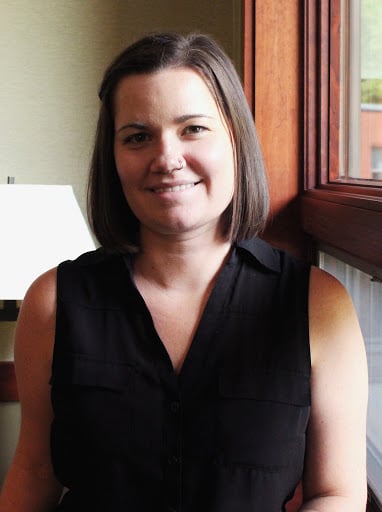
Posted by
SLIF heads to Carlsbad!
The One of a Kind Retreat for Senior Housing Leaders.
May 31 - June 2, 2026 | Carlsbad, CA
Learn More

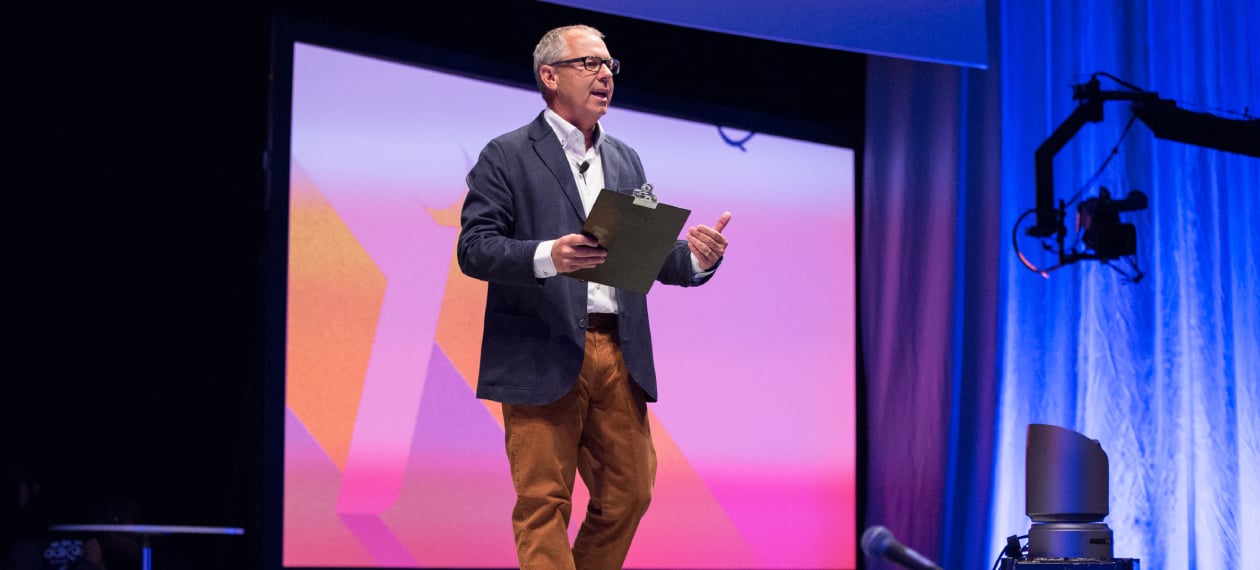


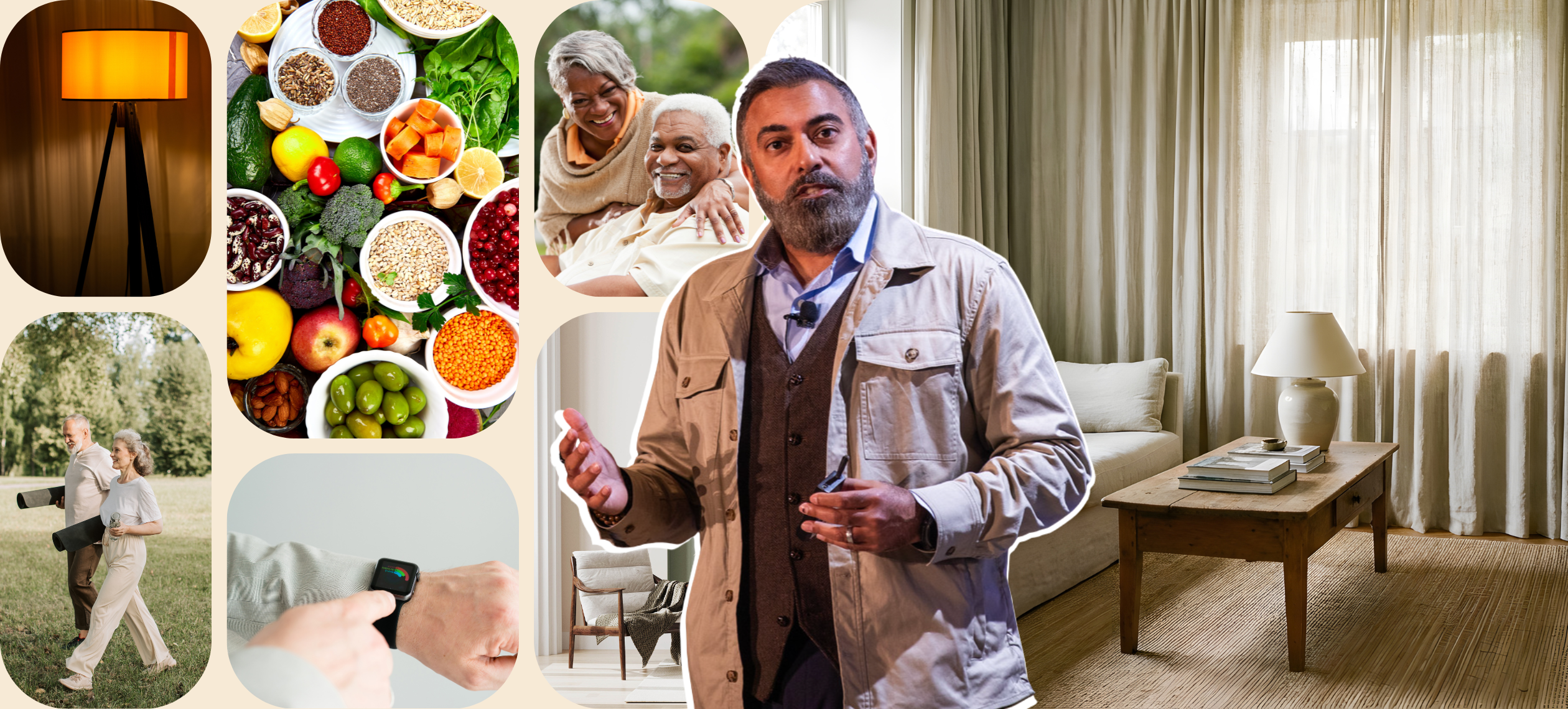
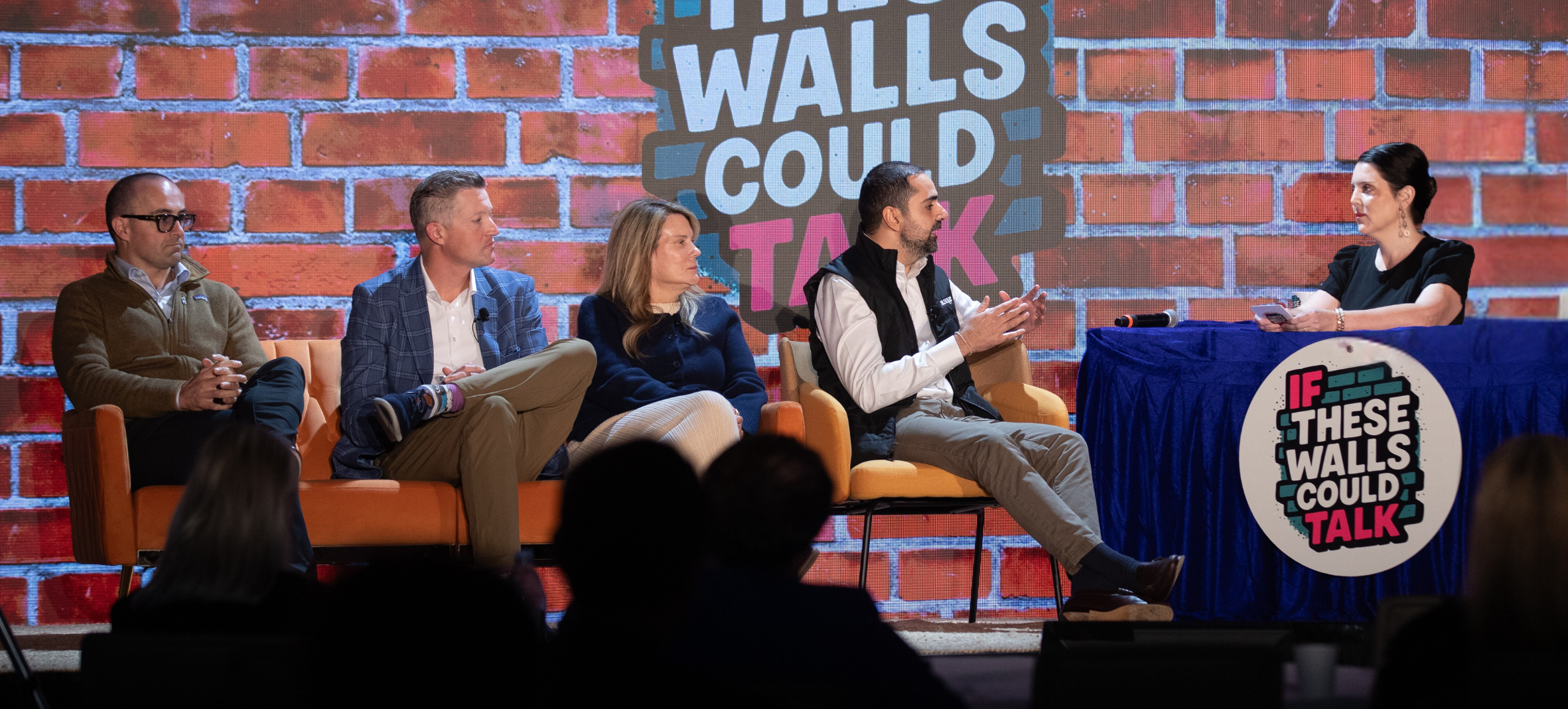



Comments